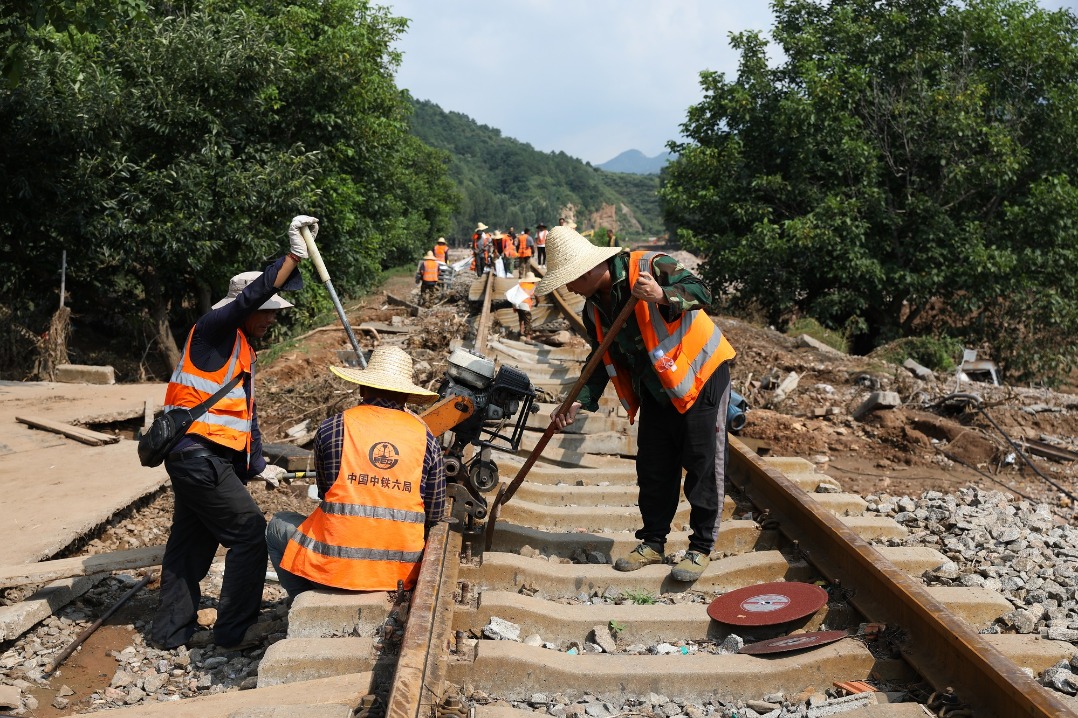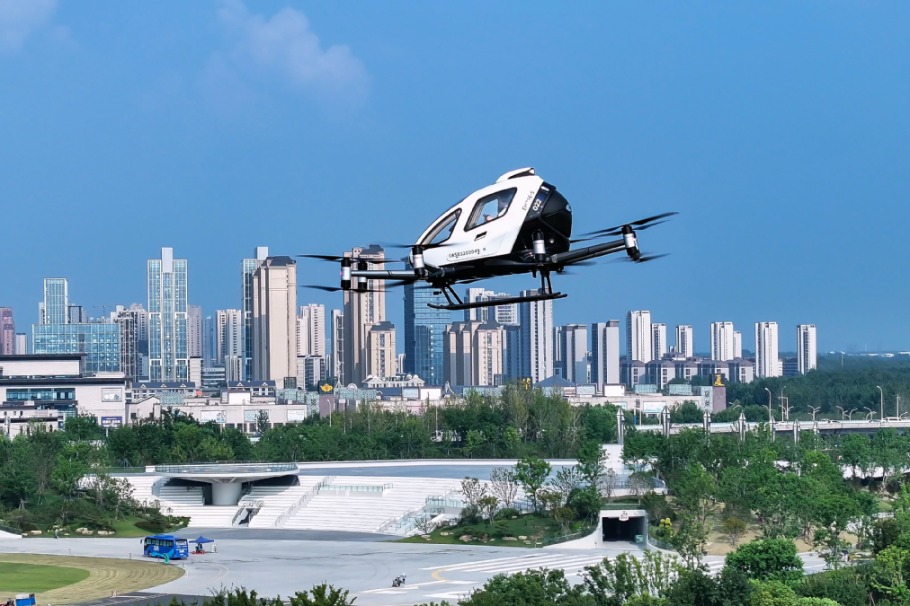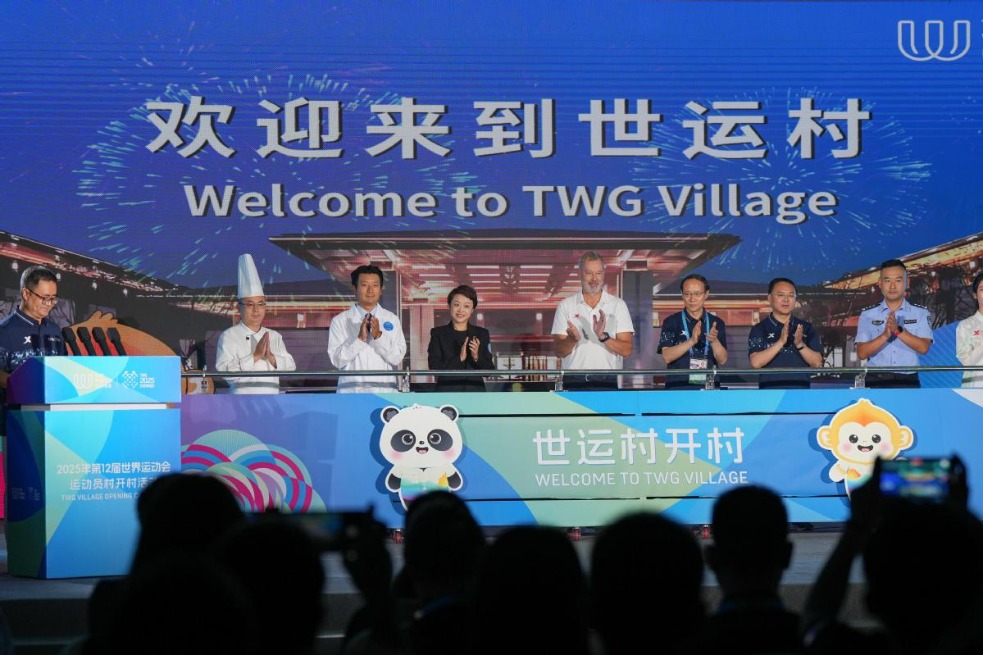We need a new approach to ensure that employment rights are not abused

Casual work is an alternative form of employment to full-time jobs. The number of such workers has seen explosive growth in recent years, offering more alternatives in the job market.
In the West, such workers are mainly scattered across sectors such as the arts, culture and science, as well as some professional services such as teachers and lawyers.
However, in China, many casual workers toil in the middle-and low-end industries, where unemployment and low pay are the norm. They also have less protection from occupational risks, which means urgent efforts are needed to bolster social security coverage and other job-related welfare among the group. Informal workers emerged in large numbers in the Chinese mainland in the 1990s, when many older workers were laid off as part of sweeping reforms targeting inefficient State-owned enterprises.
Those laid off, mostly in their 40s and 50s, struggled to find other jobs. In recent years, casual workers have tended to spread across all age groups. Some are old. Some are younger and part of the burgeoning "gig economy". People of various ages have different demands in terms of safety nets.
For example, older people are more attracted to pension and health programs, whereas younger workers show less interest in them.
In the early days, informal workers were mostly seen in the domestic service and catering sectors.
Now, drivers for car-hailing services and food delivery personnel have joined their ranks. App-based platforms have given rise to a new type of employment that appears to be informal. However, that flexibility hides the fact that the platform-worker relationship is similar in nature to that between employers and employees.
Delivery personnel, Didi drivers and other gig economy workers are trapped in a harsh employment environment as their casual services have made our lives more convenient.
Some experts believe that the relationship between such workers and platforms is cooperative in nature, rather than one of employers and employees. However, I believe the casual arrangement conceals the true nature of their labor relations.
The essence of employment is the combination of labor and capital, which came in the form of machinery in the early days of industrialization. In the information era, capital has taken on new forms, such as data or platforms.
But the new labor relations are still about employment in nature. Besides, the platforms usually maintain stringent controls over the worker's services, which is best illustrated by the strict time limits for each food delivery trip. The worker's income is mainly generated via data from the platforms.
We need a new type of labor relations for this group. If not, the authorities will need to downplay labor relations in the social security system.
Instead, all market entities, employers and workers, should be required to pay a certain proportion of their income to keep the system running.
LU QUAN SPOKE WITH LI LEI.

Today's Top News
- Xi urges studying, absorbing netizens' opinions in formulating 15th Five-Year Plan
- Yuan eyes greater role among safe-haven assets
- China set to clean up online health content
- China, EU can shape climate governance
- Chengdu gearing up for World Games
- Beijing, Kathmandu aim for new heights in relations






























